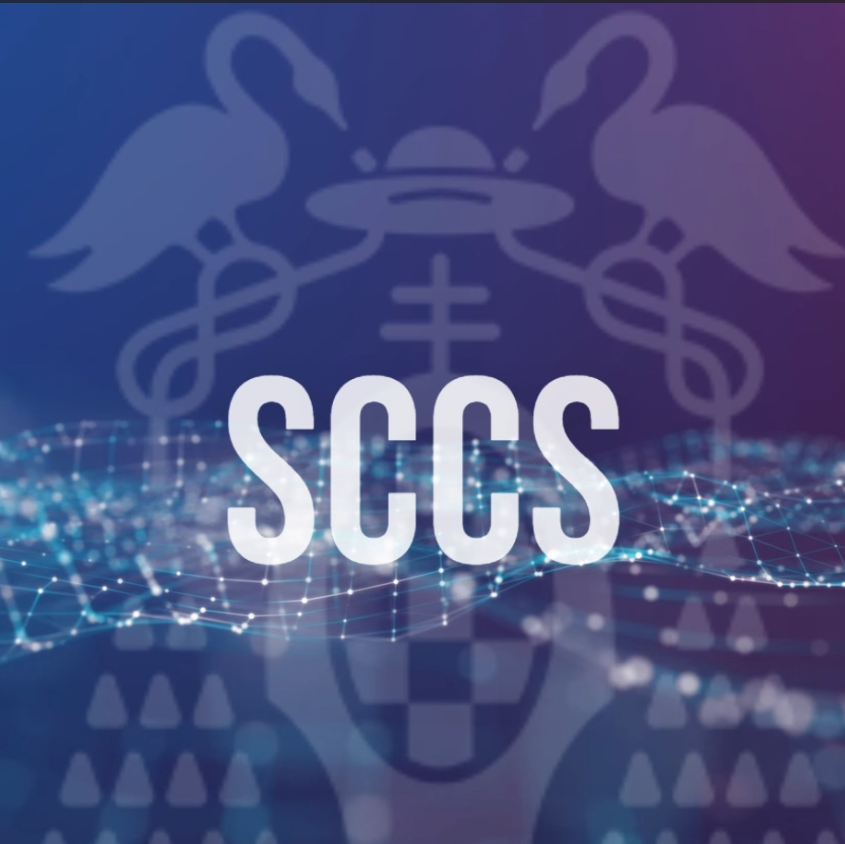AI’s Pivotal Role in Economic Development
AI is not merely a technological advancement; it represents a paradigm shift in how economies function and compete. The integration of AI into various sectors has catalyzed a new phase of economic development, often referred to as Industry 4.0. This phase is characterized by the fusion of digital, biological, and physical worlds, leading to the creation of cyber-physical systems and smart factories. The rapid adoption of AI technologies in industrial processes, as highlighted by recent studies, underscores the transformative impact of AI on traditional manufacturing and service sectors.
The Double-Edged Sword of AI Integration
While AI integration promises enhanced efficiency and competitiveness, its uneven adoption amplifies existing socio-economic disparities. Entities with the resources and infrastructure to implement AI swiftly benefit disproportionately, creating a digital divide that marginalizes individuals and nations with limited resources. This divide extends beyond access to technology; it encompasses the skills and knowledge required to effectively leverage AI, thus exacerbating inequalities in opportunities and wealth distribution.
Societal Implications and Ethical Considerations
The societal implications of AI’s rapid adoption are profound. They raise critical questions about the balance between technological progress and social equity. Governments and international organizations are challenged to formulate policies that ensure the equitable distribution of AI’s benefits, safeguarding human rights and social justice. The ethical dimensions of AI involve responsible innovation, addressing potential biases in AI algorithms, and ensuring that AI-driven decisions align with societal values and norms.
Towards a Balanced Approach to AI Adoption
A balanced approach to AI adoption requires a concerted effort to align technological advancements with societal needs. This involves:
- Inclusive Policies: Policies that promote equitable access to AI technologies and address the unique challenges faced by different stakeholders, including marginalized communities and developing nations.
- Investments in Digital Education: Upskilling and reskilling initiatives to prepare the workforce for the AI-driven economy are crucial. This includes not only technical skills but also the ability to critically engage with AI technologies.
- International Cooperation: Global collaboration is essential to bridge the digital divide. Sharing knowledge, resources, and best practices can help ensure that all nations benefit from AI advancements.
- Ethical AI Frameworks: Developing and implementing ethical guidelines for AI is imperative. This includes addressing issues of privacy, data security, and the potential for AI to perpetuate or exacerbate biases and inequalities.
Concluding Thoughts
AI’s role in economic development is a multifaceted issue that demands a nuanced understanding of both its potential benefits and inherent challenges. As we navigate this new era, it is imperative to foster an environment where AI serves as a tool for inclusive and sustainable growth, respecting the complexity of the socio-economic systems it impacts. The goal should be to harness AI’s transformative power while mitigating its risks, ensuring a future where technology advances hand in hand with social progress and human well-being.
References
- Qin et al. (2023) «Artificial Intelligence and Economic Development: An Evolutionary Investigation and Systematic Review ‘. Journal of Knowledge Economy.
- Celik (2023) Exploring the Determinants of Artificial Intelligence (AI) Literacy: Digital Divide, Computational Thinking, Cognitive Absorption’ Telematics and Informatics.
